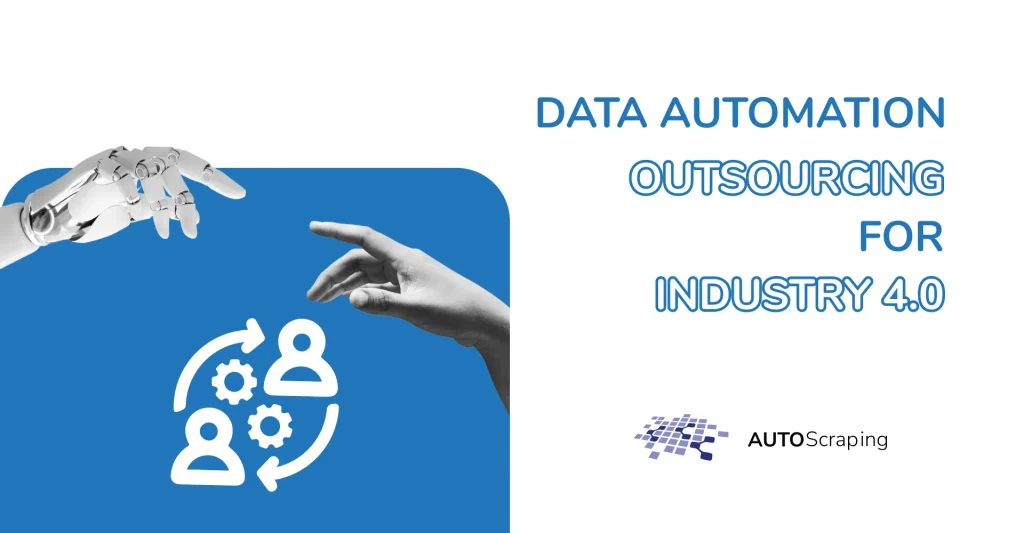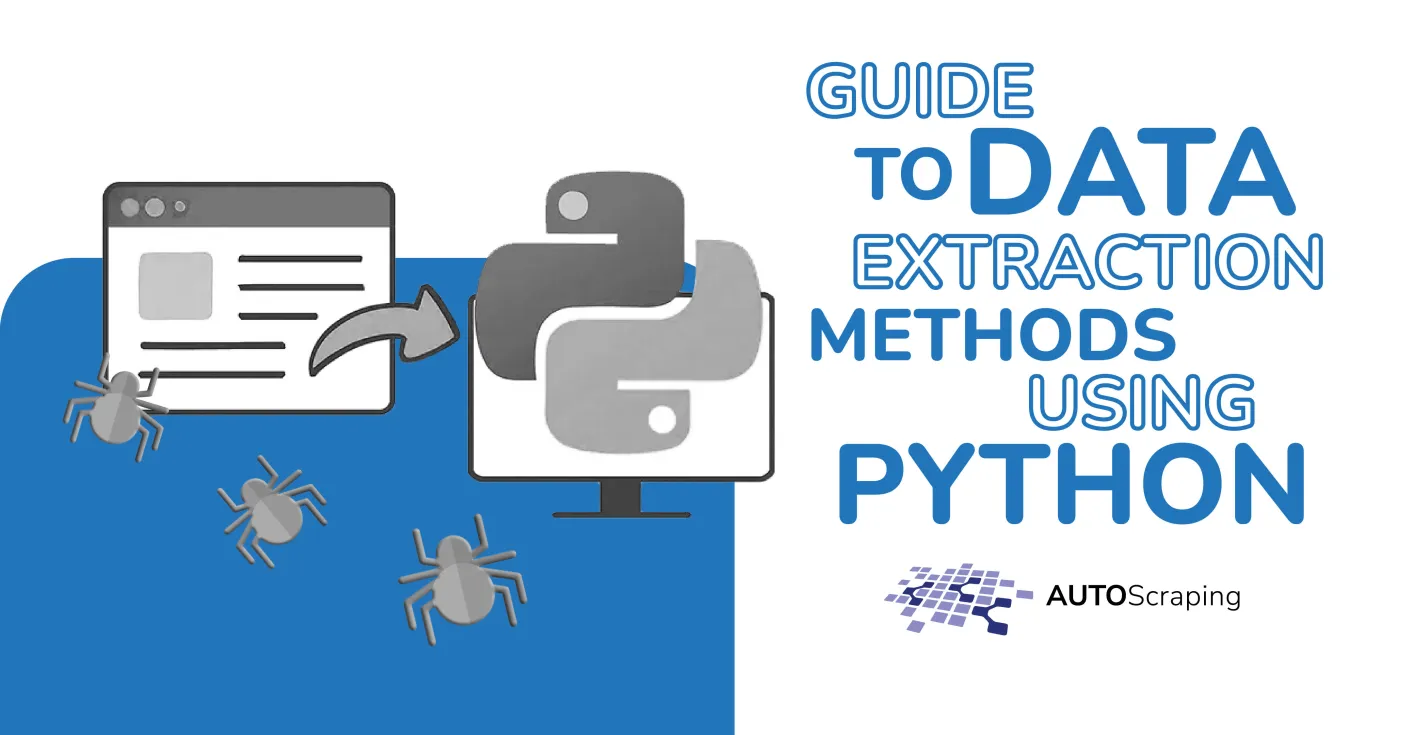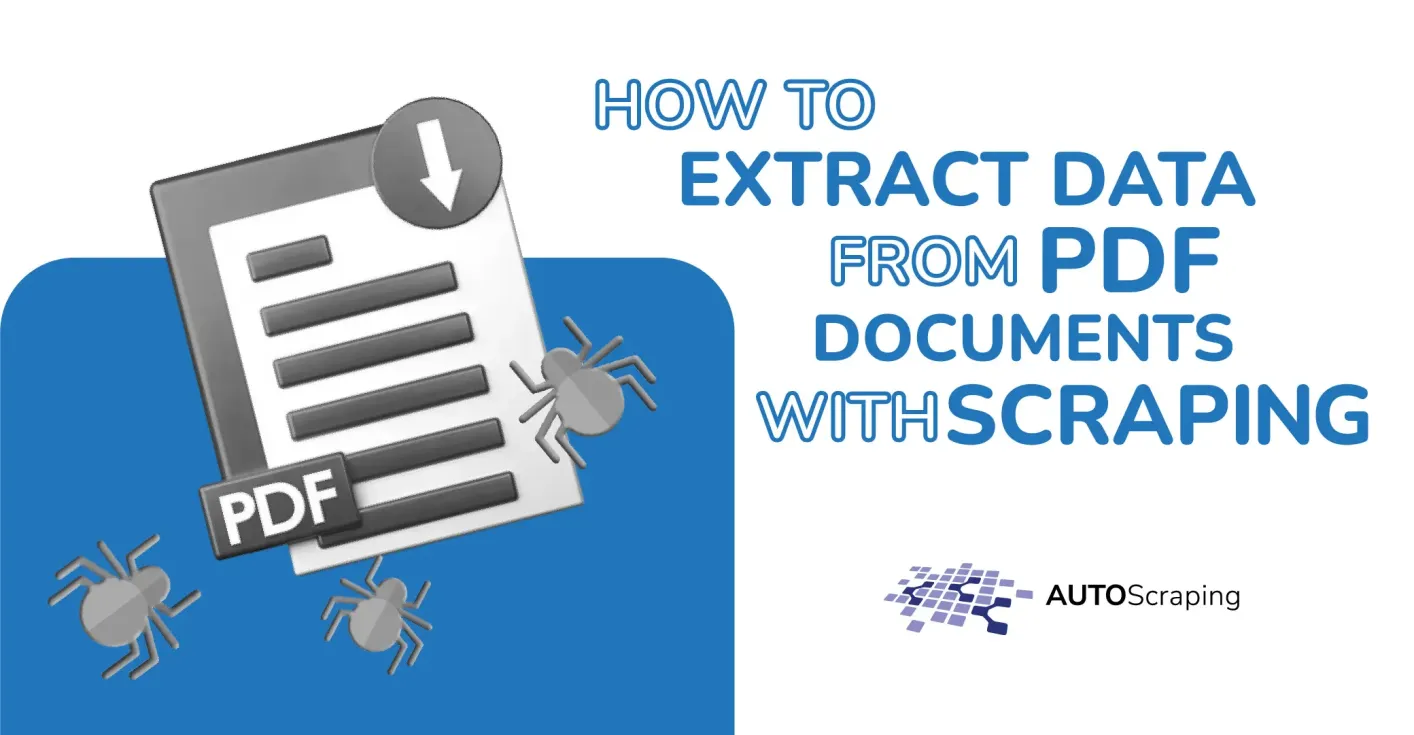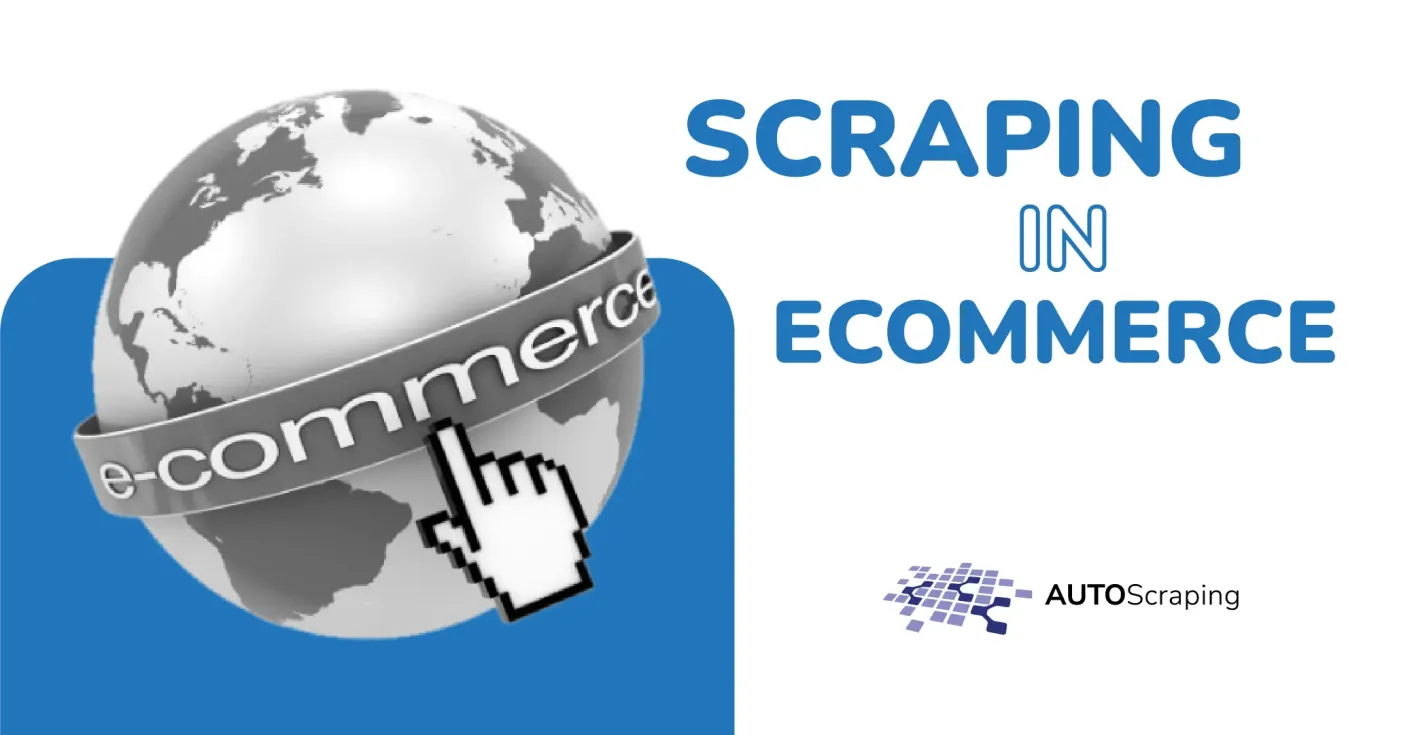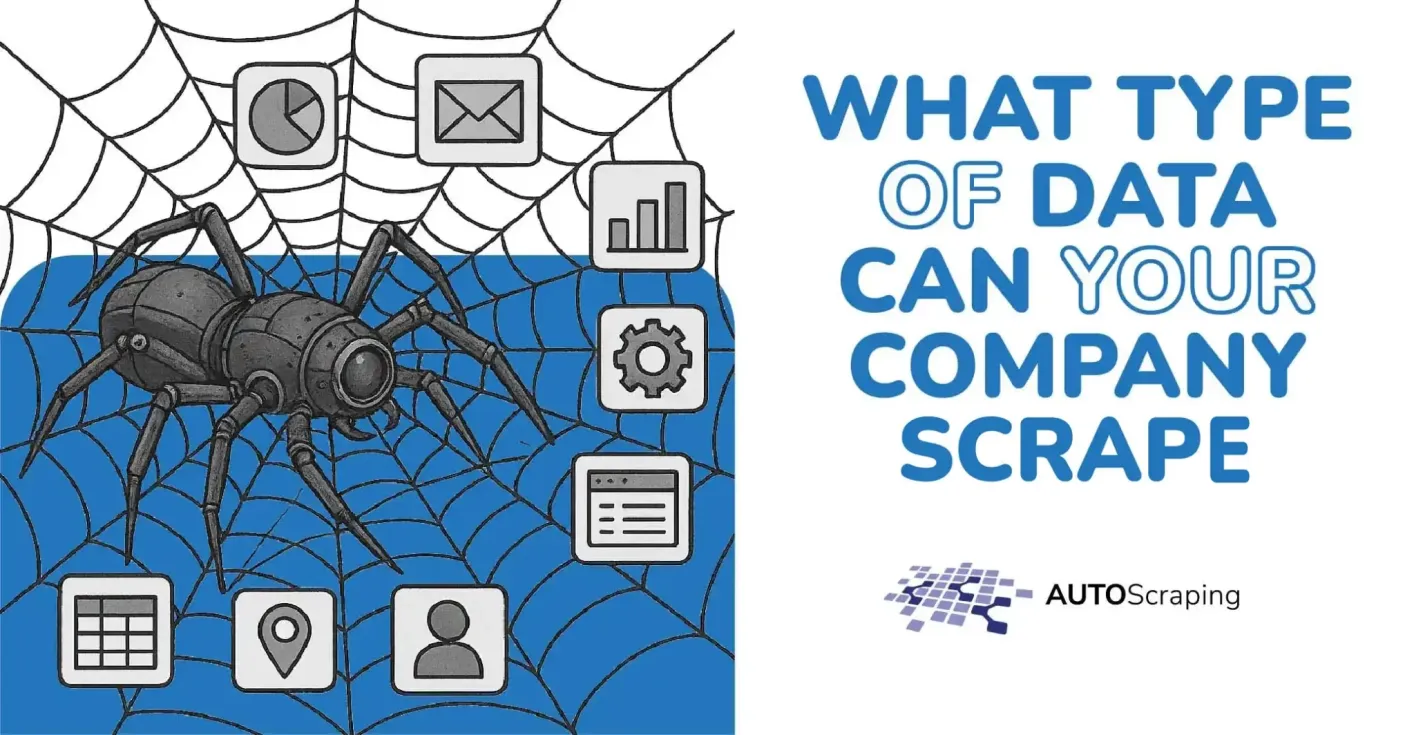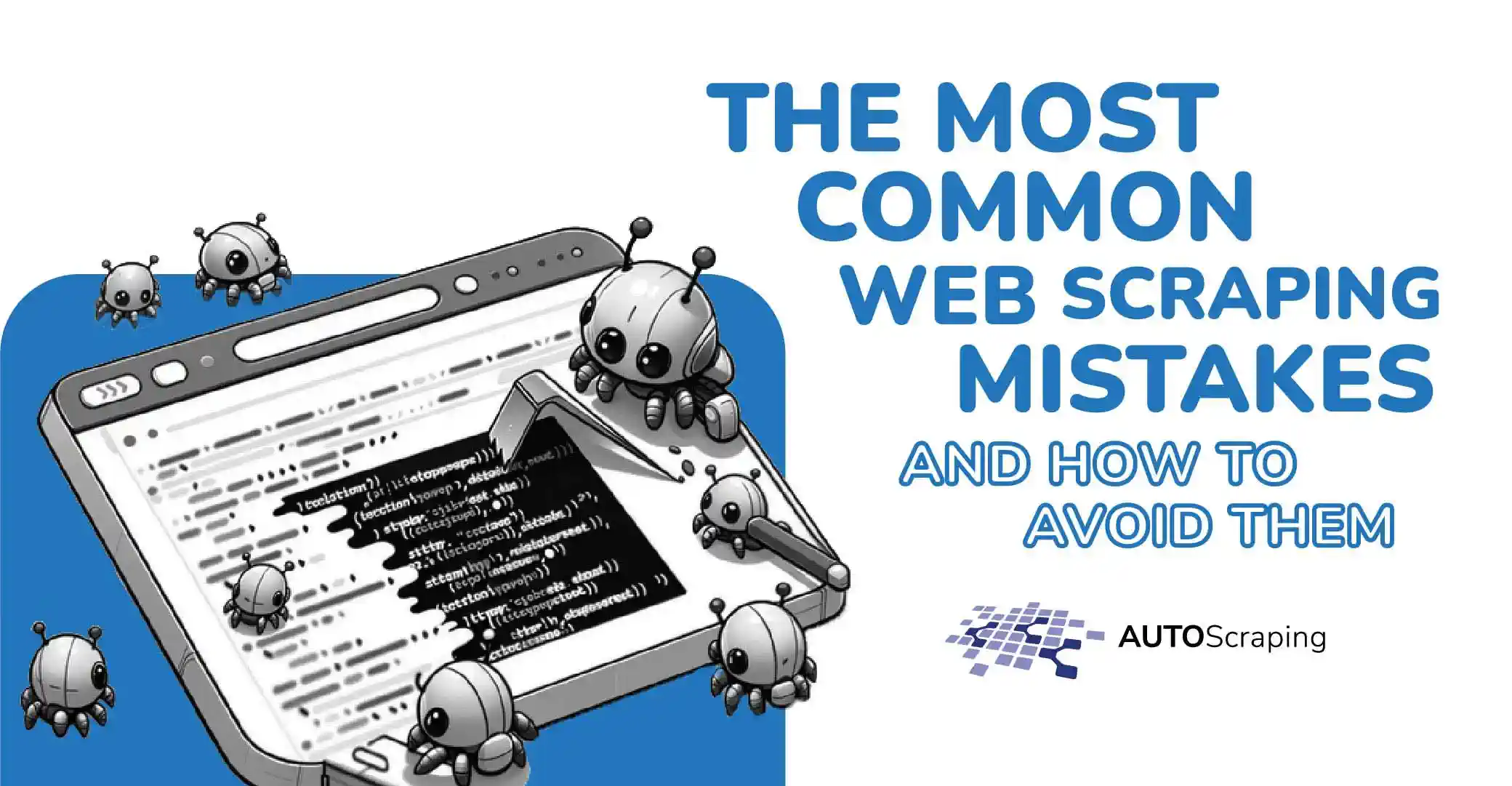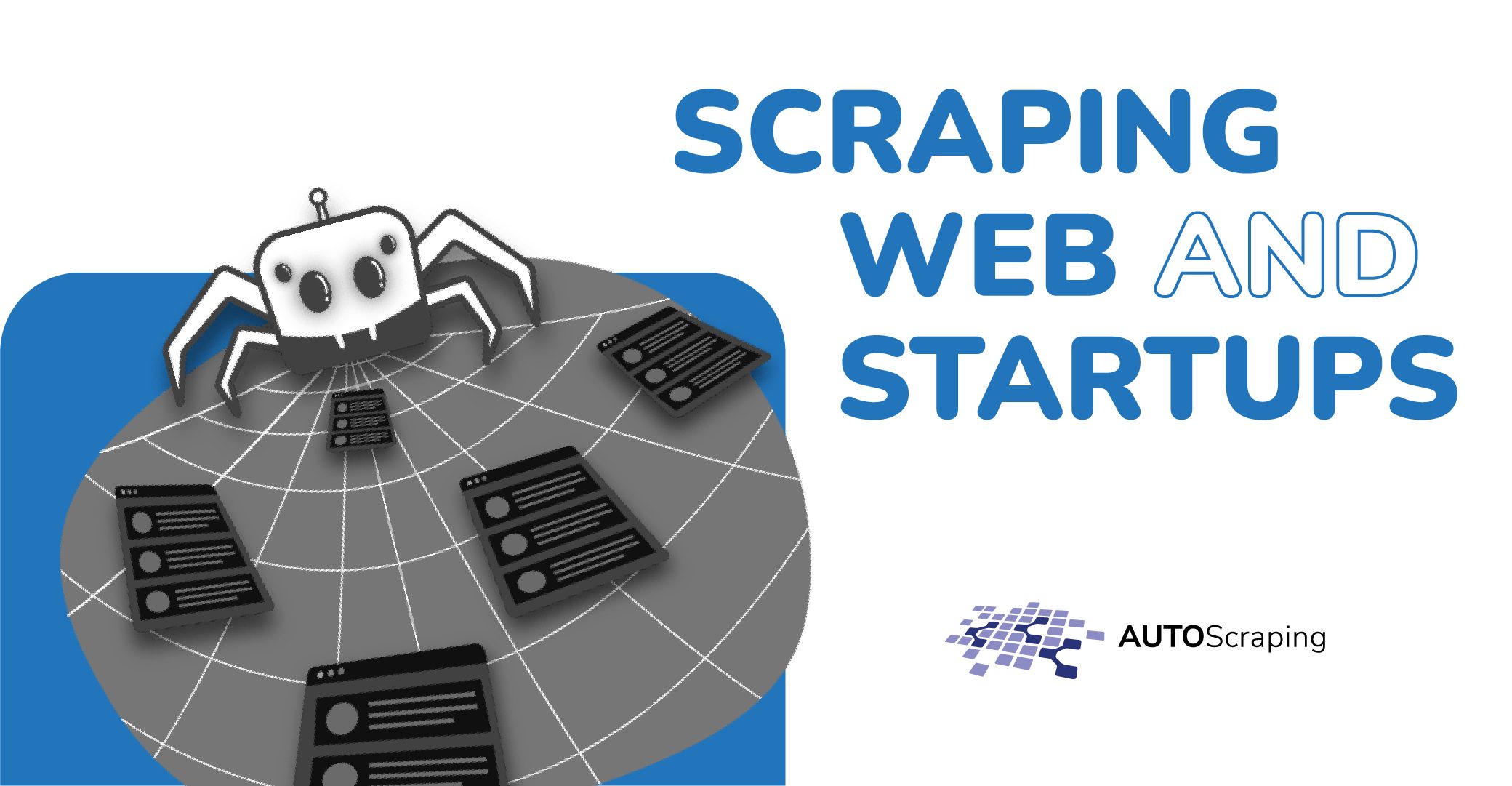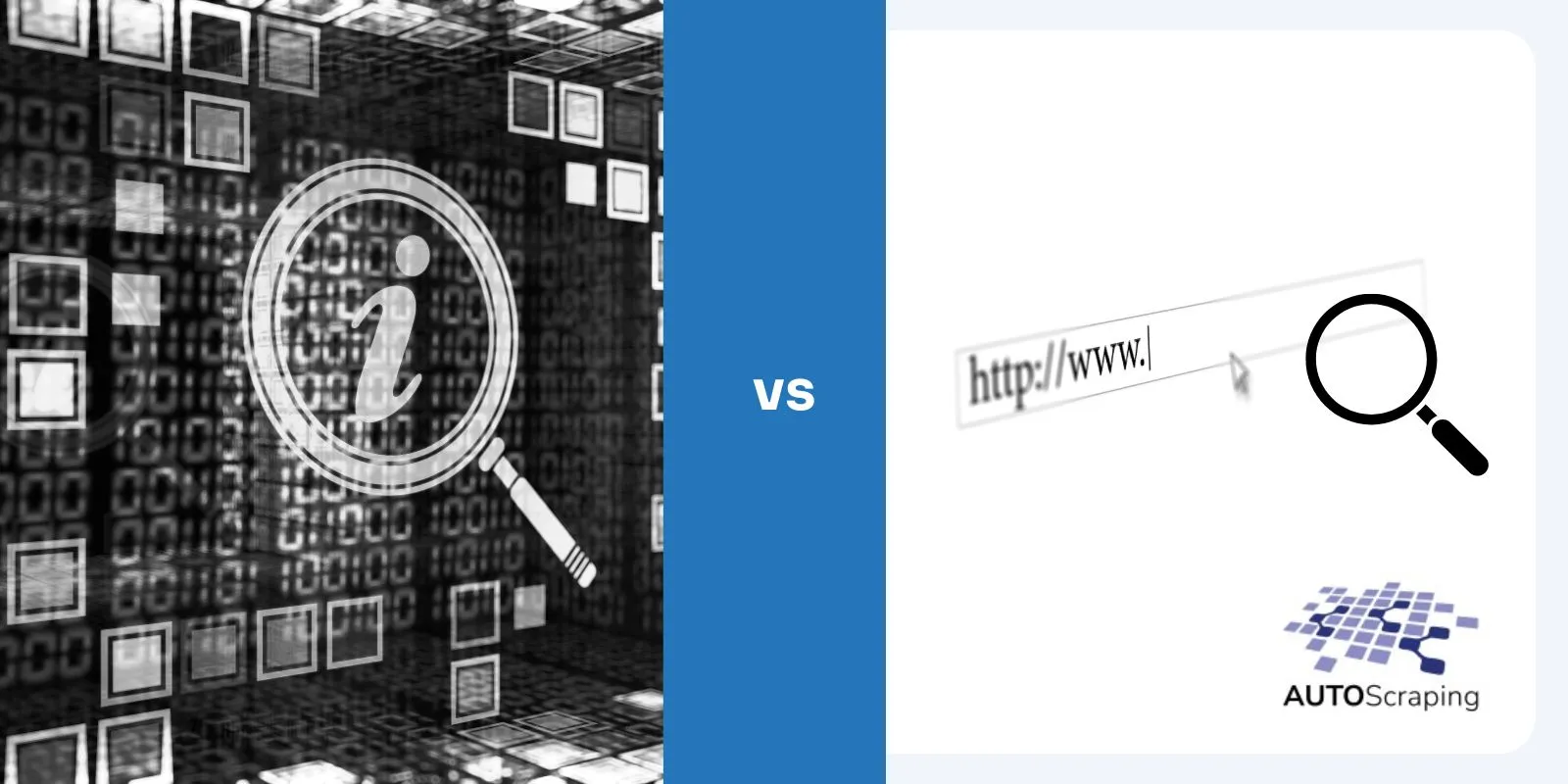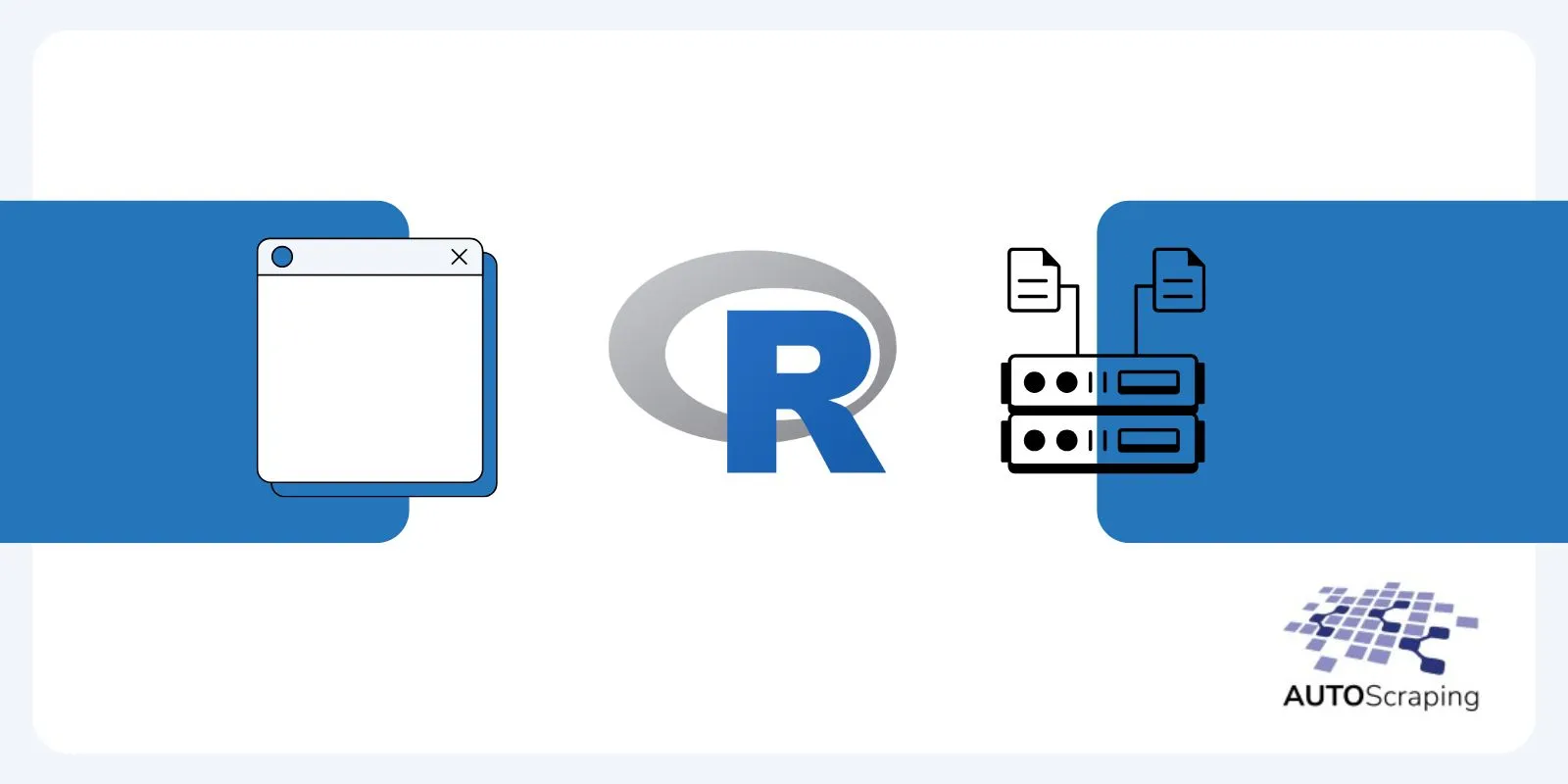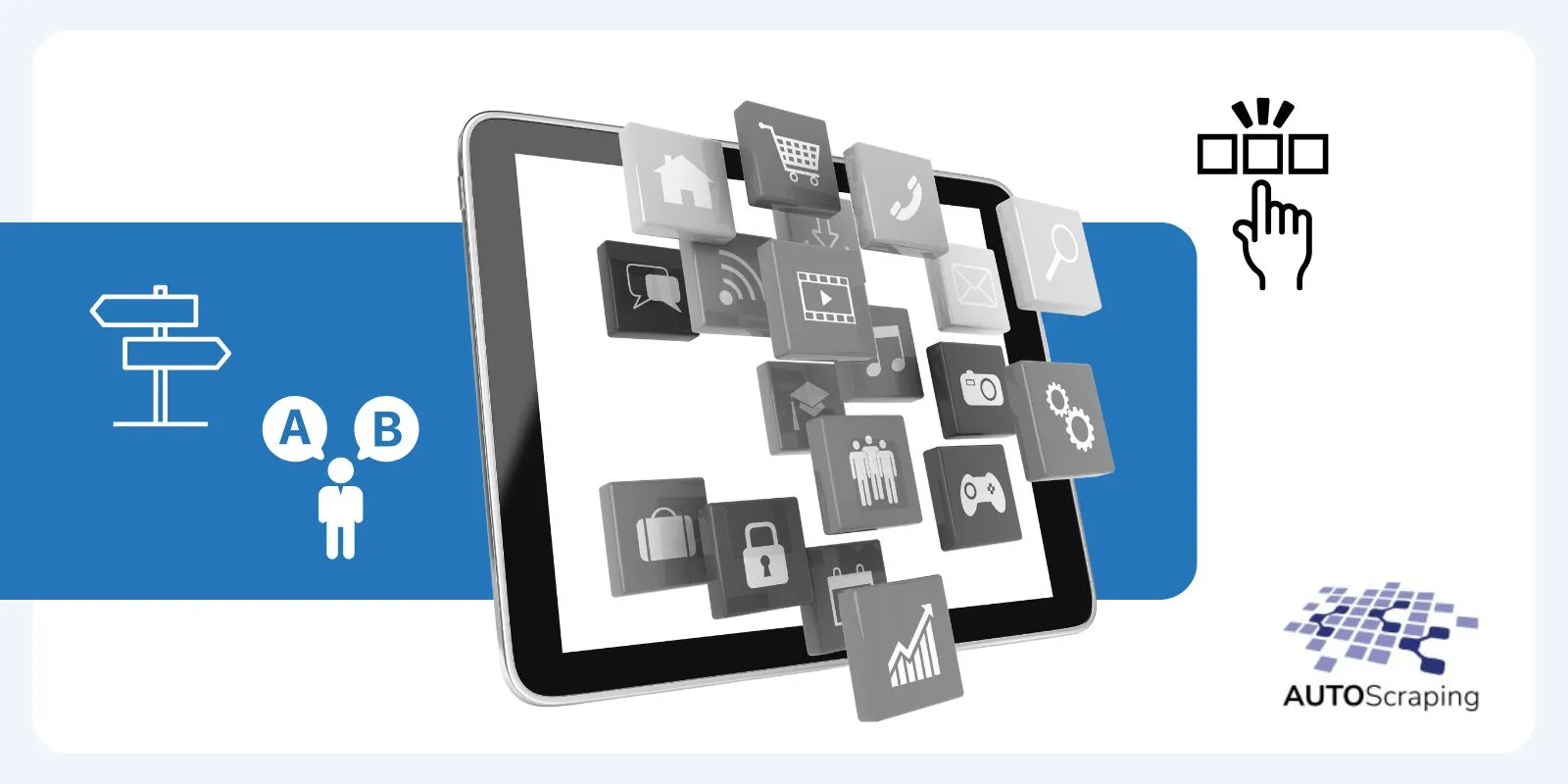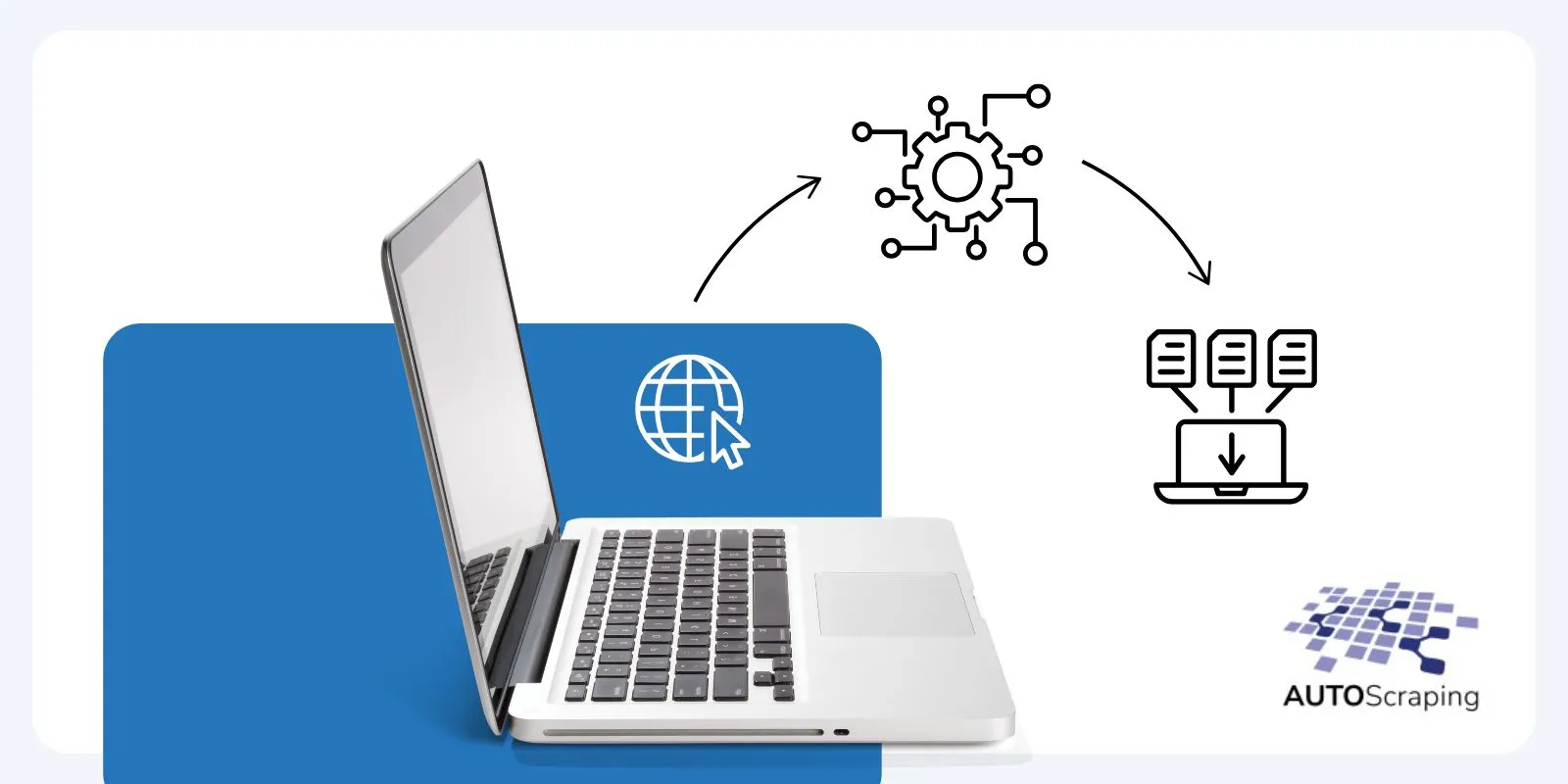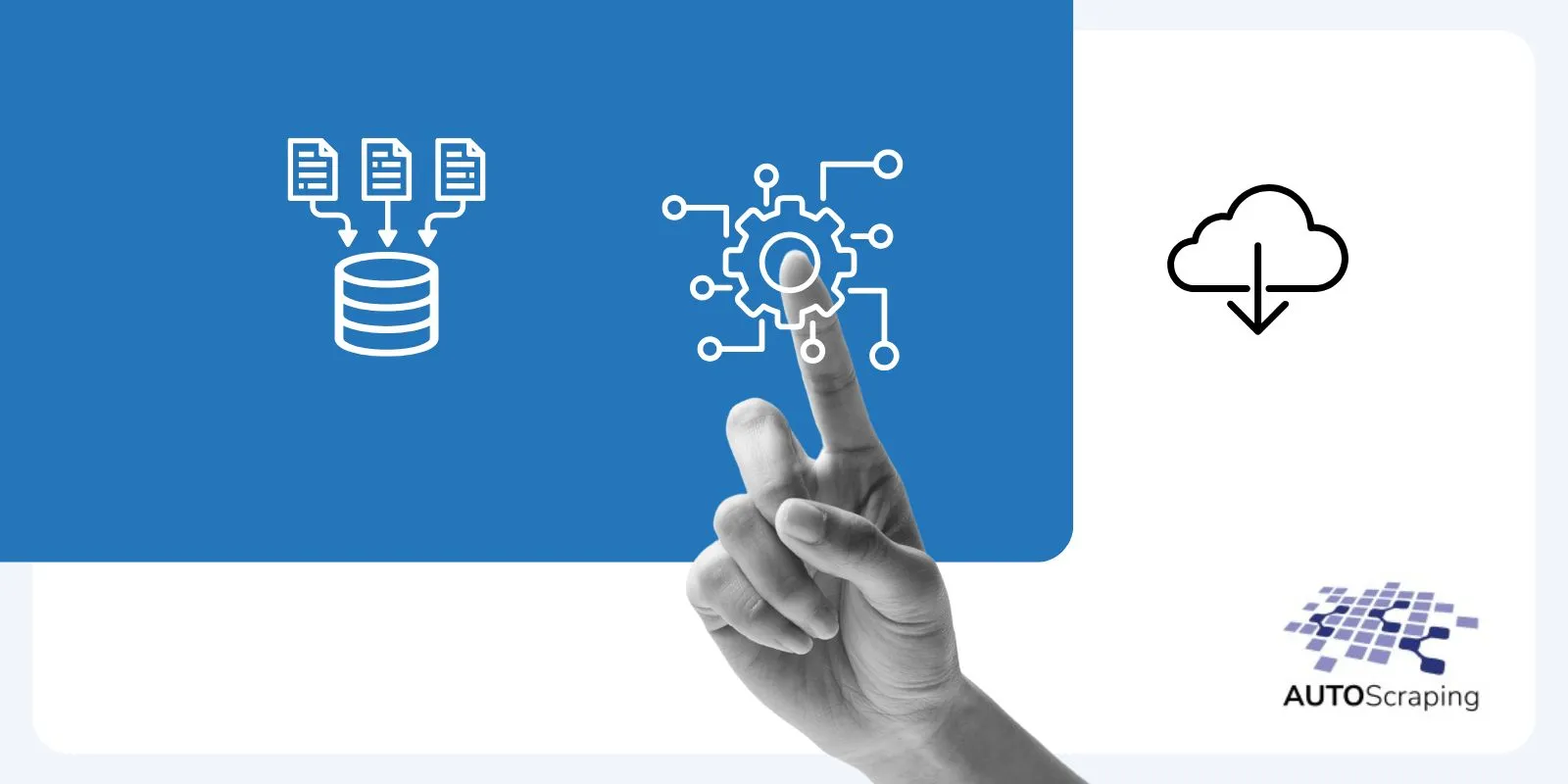As businesses advance into the era of Industry 4.0, the integration of data automation has become essential for maintaining competitiveness. Industry 4.0 represents a significant transformation towards smarter, more connected manufacturing processes, where data-driven decision-making is key. By leveraging data automation outsourcing, companies can streamline operations, reduce costs, and focus on their core competencies, ensuring they remain at the forefront of this digital revolution.
Understanding Data Automation in Industry 4.0
What is Data Automation?
Data automation is the process of using technology to automatically collect, process, and analyze data with minimal human intervention. This is especially critical in Industry 4.0, where smart manufacturing relies on real-time data to optimize production lines, reduce errors, and enhance overall efficiency. Automation enables businesses to handle vast amounts of data quickly and accurately, which is essential for responding to market demands and improving operational performance.
- Reduces human error by automating repetitive tasks.
- Increases efficiency by processing large datasets in real-time.
- Enables real-time decision-making for faster and more informed business strategies.
Key Technologies Enabling Industry 4.0
Several key technologies are driving the Industry 4.0 revolution, with data automation at their core:
- IoT (Internet of Things): IoT devices collect vast amounts of data from sensors embedded in machines and systems, providing valuable insights into operational performance.
- AI (Artificial Intelligence): AI algorithms analyze data to identify patterns, predict outcomes, and optimize processes.
- Machine Learning: A subset of AI, machine learning algorithms improve over time by learning from the data they process, making them ideal for complex and dynamic environments.
These technologies work together to create an ecosystem where data automation enables real-time processing and intelligent decision-making, driving efficiency and innovation across industries.

Benefits of Data Automation Outsourcing
Cost Efficiency and Resource Optimization
Outsourcing data automation can significantly reduce operational costs by eliminating the need for in-house infrastructure, software, and specialized personnel. Instead of investing in expensive technology and training, businesses can leverage the expertise of outsourcing partners to implement and manage data automation systems.
- Reduces capital expenditure by outsourcing technology investments.
- Optimizes resource allocation by allowing internal teams to focus on core activities.
- Improves operational efficiency by utilizing external expertise and advanced tools.
Outsourcing also allows businesses to allocate resources more effectively, as in-house teams can focus on strategic tasks rather than being bogged down by routine data management activities. This not only enhances productivity but also ensures that the company remains agile and responsive to changes in the market.
Access to Advanced Technologies and Expertise
By outsourcing data automation, businesses gain access to cutting-edge technologies and specialized expertise that may not be available internally. Outsourcing providers are often equipped with the latest tools and knowledge, ensuring that the automation processes are efficient, up-to-date, and aligned with the latest industry standards.
- Access to the latest technologies without the need for in-house development.
- Expert guidance on implementing and optimizing automation strategies.
- Faster implementation of automation solutions, reducing time-to-market.
This access to advanced technologies and industry expertise helps companies stay competitive by continuously improving their processes and adapting to new market trends. Outsourcing partners can also provide valuable insights and recommendations, helping businesses to implement best practices and avoid common pitfalls.
Scalability and Flexibility
Adapting to Business Needs
One of the primary advantages of outsourcing data automation is the ability to scale operations according to business needs. As market demands fluctuate, outsourced services can be easily adjusted to match the required level of data processing and analysis. This flexibility is particularly beneficial in industries where data needs can change rapidly, ensuring that operations remain smooth and responsive.
- Scalable solutions that grow with your business.
- Flexible contracts that allow for adjustments based on seasonal demand or market shifts.
- Customizable services to meet specific business requirements.
For example, during peak production periods, a manufacturing company may need to scale up its data processing capabilities to handle increased demand. By outsourcing these tasks, the company can quickly and easily adjust its data automation processes without the need for significant capital investment or time-consuming internal changes.

Efficient Management of Large-Scale Projects
Managing large-scale data automation projects internally can be challenging, especially for businesses that lack the necessary infrastructure or expertise. Outsourcing these projects to specialized providers allows companies to leverage the experience and resources of external teams, ensuring that data is collected, processed, and analyzed accurately and efficiently.
- Expert management of complex automation projects.
- Reduced risk through the use of established best practices.
- Faster project completion due to the provider’s focused expertise.
Outsourced teams can also adapt quickly to changes in project scope, providing businesses with the flexibility to pivot as needed. This ability to manage large-scale projects efficiently and adapt to changing conditions is a significant advantage of outsourcing data automation.
Improving Data Quality and Accuracy
Ensuring High-Quality Data
High-quality data is critical for making informed business decisions. Outsourcing data automation ensures that the data collected is accurate, consistent, and free from errors. Providers implement rigorous data cleaning and validation processes to maintain data integrity, making it reliable and ready for analysis.
- Automated data cleaning to remove inconsistencies and errors.
- Validation processes to ensure data accuracy and reliability.
- High-quality data that supports strategic decision-making.
By ensuring that only high-quality data is used, businesses can make more informed decisions, reduce the risk of costly errors, and improve overall operational efficiency. This is especially important in industries like healthcare and manufacturing, where accurate data is essential for maintaining safety, quality, and compliance standards.
Importance of Reliable Data for Strategic Decision-Making
Inaccurate or incomplete data can lead to poor decision-making, which can have serious consequences for a business. By outsourcing data automation, companies can ensure that the data they use for strategic planning and decision-making is reliable and up-to-date. This is particularly important in fast-moving industries where timely and accurate data is crucial for staying ahead of the competition.
- Informed decision-making based on accurate, real-time data.
- Reduced risk of errors that could impact business outcomes.
- Enhanced strategic planning through reliable data insights.
Reliable data is also crucial for identifying new opportunities and mitigating risks. By working with experienced providers, businesses can access high-quality data that supports their strategic goals, helping them to make informed decisions that drive growth and success.

Applications of Data Automation in Industry 4.0
Smart Manufacturing
In smart manufacturing, data automation plays a pivotal role in optimizing production processes. Automated data collection and analysis allow manufacturers to monitor production lines in real-time, identify bottlenecks, and make adjustments on the fly. This leads to increased efficiency, reduced waste, and improved product quality.
- Real-time monitoring of production lines for immediate adjustments.
- Optimized machine settings to enhance performance and reduce downtime.
- Data-driven decisions that improve overall manufacturing efficiency.
For example, real-time data can help in adjusting machine settings to optimize performance and minimize downtime. By automating these processes, manufacturers can ensure that their operations run smoothly and efficiently, even in the face of changing production demands.
Predictive Maintenance
Predictive maintenance is another critical application of data automation in Industry 4.0. By analyzing data from sensors and historical performance, companies can predict when equipment is likely to fail and schedule maintenance proactively. This reduces unplanned downtime, extends the lifespan of machinery, and ultimately saves costs.
- Proactive maintenance to prevent equipment failures.
- Reduced downtime through timely interventions.
- Cost savings by extending the life of machinery.
Predictive maintenance not only improves operational efficiency but also enhances safety by preventing unexpected equipment failures. This is particularly important in industries like manufacturing and energy, where equipment downtime can be costly and dangerous.

Supply Chain Optimization
Supply chain management is a complex process that can be significantly improved through data automation. Automated data processing helps companies track inventory levels, monitor logistics, and forecast demand with greater accuracy. This leads to more efficient inventory management, reduced costs, and improved customer satisfaction.
- Real-time tracking of inventory and logistics.
- Accurate demand forecasting to prevent stockouts and overstocking.
- Improved customer satisfaction through timely deliveries and better service.
For example, a retailer can use automated data analysis to optimize its supply chain, ensuring that products are always available when customers need them, without overstocking. This not only improves customer satisfaction but also reduces costs by minimizing waste and inefficiencies.
Challenges and Considerations in Data Automation Outsourcing
Choosing the Right Data Automation Provider
Selecting the right provider for data automation outsourcing is crucial to the success of an Industry 4.0 strategy. Businesses should look for providers with a proven track record, deep industry expertise, and the ability to deliver scalable and flexible solutions. It’s important to ensure that the provider aligns with the company’s specific goals and operational requirements.
- Proven track record in data automation and Industry 4.0.
- Industry-specific expertise to meet unique business needs.
- Scalable and flexible solutions that grow with your business.
Choosing the right partner can make the difference between a successful automation strategy and one that fails to deliver the expected results.

As businesses increasingly recognize the value of data-driven decision-making, web scraping, and automation have become indispensable.
Stop struggling with cap chats and countless research hours, and obtain the data and files you need with a single click.
In today’s data-driven world, businesses across various industries rely heavily on accurate and timely data to make informed decisions, gain competitive advantages, and drive growth. However, the vastness and complexity of the web can pose significant challenges when it comes to extracting valuable information from it. That’s where data automation services from leading web scraping and automation companies step in to revolutionize data acquisition for businesses in the modern era.
Data Outsourcing
At the forefront of the web scraping and automation landscape, specialized companies are revolutionizing data extraction solutions. With a sharp focus on industries spanning e-commerce, real estate, marketing, and beyond, these expert providers offer a robust suite of cutting-edge tools and scripts. Businesses of all kinds can now leverage the power of web scraping to gain a competitive edge. From government bodies to e-commerce giants, these tailored solutions enable data-driven decision-making, propelling organizations toward unparalleled success.
Automation and Tailored Data Solutions
Unlike traditional web scraping methods, specialized data companies operate as data factories, custom-tailoring data solutions to meet each client’s specific requirements. Clients simply communicate what data they need, the frequency of updates, and where they want it delivered, and they take care of the rest. This personalized approach ensures that businesses get the insights they seek, helping them confidently make informed decisions.
Test, Execute, and Maintain with Ease
Automation provides businesses with an advanced platform to test, execute, and maintain their crawlers (digital robots on the web). This allows clients to stay ahead in the rapidly evolving online landscape, ensuring that their data is always up-to-date and relevant.

Unlocking Opportunities for Modern Businesses
The benefits of partnering with Data Extraction and Automation companies and their services are far-reaching for businesses in the digital age:
- Data-Driven Decision-Making: Data Automation empowers businesses to make strategic decisions based on accurate, real-time data, enabling them to stay ahead of competitors and seize opportunities.
- Competitive Intelligence: By regularly monitoring their competitors’ activities, businesses can gain valuable insights into their strategies and market positioning, aiding in the development of more effective tactics.
- Market Research and Analysis: With data factories at their disposal, businesses can perform in-depth market research and analysis, identifying trends, consumer preferences, and emerging opportunities.
- Enhanced Customer Experience: Access to up-to-date data allows businesses to personalize their offerings and improve customer experiences, fostering loyalty and brand advocacy.
- Regulatory Compliance: In industries such as medicine, government, and cryptocurrencies, staying updated with regulatory changes is crucial. Web scraping and data automation services ensure businesses remain compliant by providing timely data on legal developments.
Conclusion
As businesses increasingly recognize the value of data-driven decision-making, web scraping, and automation become indispensable. Web scraping and Data Automation expertise in crafting customized solutions, proprietary tools, and a comprehensive framework empower modern businesses with the data they need to thrive in their respective industries.
Embrace the power of Data Extraction Automation and experience a new era of informed decision-making, competitive advantages, and accelerated growth. Welcome to the future of data-driven success!
For more information, visit us at autoscraping.com

